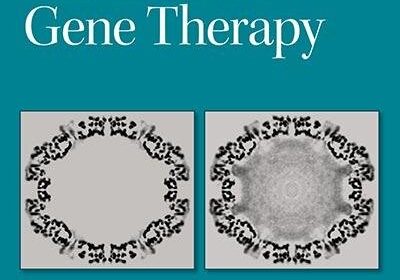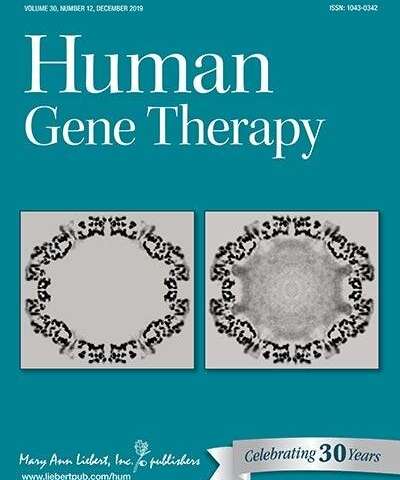Researchers test novel injection of gene therapy vectors into the kidney

Before gene therapy can be used to treat renal diseases, delivery of therapeutic genes to the kidney must become much more efficient. A novel approach in which three different gene delivery vectors were injected intravenously and directly into the kidneys of mice was reported in an article published in Human Gene Therapy, a peer-reviewed journal from Mary Ann Liebert, Inc., publishers.
Jeffrey Rubin, Tien Nguyen, Kari Allen, Katayoun Ayasoufi, and Michael Barry of the Mayo Clinic coauthored the article entitled “Comparison of Gene Delivery to the Kidney by Adenovirus, Adeno-Associated Virus, and Lentiviral Vectors after Intravenous and Direct Kidney Injections.” As the kidney filters out large compounds from the bloodstream, the researchers chose to study the ability to deliver three different sized vectors via an intravenous route: small adeno-associated virus (AAV) vectors (25 nm), larger adenovirus vectors (100 nm) and lentiviral vectors (120 nm). To bypass this filtering mechanism they also tested two different direct injection routes into the kidney and found these to be superior to intravenous injections. However, some of the vectors were able to leak out of the kidney, creating the possibility for off-target tissue effects. The potential for direct injections opens new possibilities for treating kidney diseases with gene therapy, but additional improvements are needed.
Source: Read Full Article
